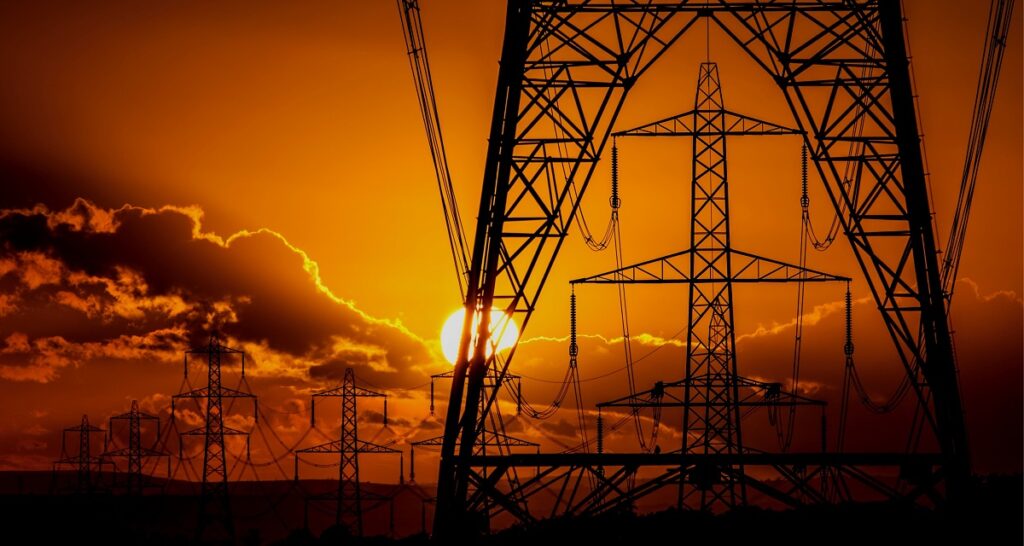Energy regulator Ofgem has issued its decision to make licence modifications to support the introduction of an Electricity System Restoration Standard (ESRS).
This is designed to further align the regulatory framework for procurement of restoration services with that of balancing services.
It follows the Department for Business, Energy and Industrial Strategy (BEIS) issuing a policy statement in April setting out the need to strengthen the current regulatory framework by introducing a legally binding target for the restoration of electricity supplies in the event of a National Electricity Transmission System failure.
The most prolific blackout in recent years was the 9 August blackout in 2019, when Orsted’s Hornsea One offshore wind farm and RWE’s Little Barford CCGT failed to remain connected to the system following a lightning strike.
Electricity restoration is firmly on the agenda of the ESO, having awarded eight contracts for Electricity System Restoration Services in May as part of a new approach to Black Start services.
It is also running the Distributed ReStart project, a three-year programme looking at how distributed energy resources (DERs) can be used to restore power in the event of a total or partial shutdown of the electricity transmission system.
A number of licence modifications relating to the introduction of an ESRS are now to be made after an initial consultation by Ofgem in April and a statutory consultation in July. These include:
- Introduce the concept of the ESRS, linking to a direction from the energy secretary who will set the ESRS
- Replace the concept of a Black Start Strategy with an obligation to produce an ESR Assurance Framework
- Introduce an obligation for National Grid ESO to submit a report by an independent auditor to Ofgem, assessing the Restoration Model’s input data, technical assumptions and calculations
- Consolidate the reporting requirements in Statutory Condition C16 of the Electricity Transmission Licence to report on both balancing and restoration services procurement and costs within one annual process
The regulator received seven responses to its statutory consultation, with themes emerging from these responses including concerns over the timeline of implementation, the cost of recovery for transmission operators and distribution network operators and concerns from the ESO that the proposed drafting would still place it breach of its licence in situations it is unable to comply with the ESRS for reasons outside of its reasonable control.
As such, Ofgem made modifications to its proposals, including removing the reference to enforcement action and clarifying that the ESO will need to explain the reasons why it has not been able to comply with the ESRS to it in writing.
When it comes to DNO costs, the regulator is expecting that there will be a suitable cost recovery mechanism built in to the RIIO-ED2 price control that will take account of any uncertainty to do with ESRS related distribution network investment.
The licence changes will take effect from 19 October 2021, with BEIS’ proposed compliance deadline being 31 December 2026.






